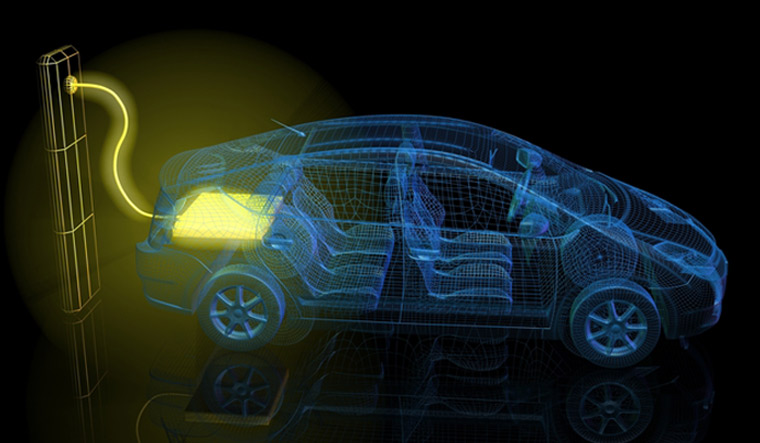Researchers have developed a soft and stretchable battery which relies on a special type of plastic to store power safely compared to flammable components used in conventional batteries, an advance that may lead to sensors that stick to the human skin and monitor heart rate.
According to the study, published in the journal Nature Communications, adoption of wearable electronics like smartwatches has so far been limited by their need to derive power from bulky, rigid batteries.
It said these rigid batteries reduce comfort and may present safety hazards due to chemical leakage or combustion.
"Until now we haven't had a power source that could stretch and bend the way our bodies do, so that we can design electronics that people can comfortably wear," said chemical engineer Zhenan Bao, a co-author of the study from Stanford University in the US.
The researchers said lithium ion batteries, conventionally used in these devices, have used polymers as electrolytes, which are the energy source that transports negative ions to the battery's positive pole.
However, they added that these polymer electrolytes have been flowable gels that could, in some cases, leak or burst into flame.
In the current study, the scientists developed a polymer that is solid and stretchable rather than gooey and potentially leaky.
According to the study, the polymer electrolyte carries an electric charge between the battery's poles.
The researchers demonstrated in lab tests that the experimental battery maintained a constant power output even when squeezed, folded, and stretched to nearly twice its original length.
They said the thumbnail-sized prototype battery stores roughly half as much energy, ounce for ounce, as a comparably sized conventional one.
According to the scientists, one potential future application for the device would be to power stretchable sensors which can stick to the skin to monitor heart rate and other vital signs.



